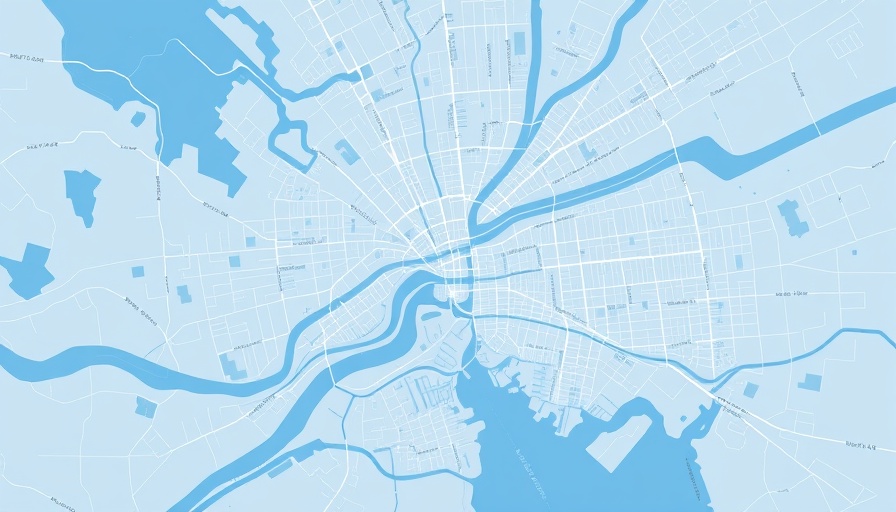
Louisiana's Troubling Weather Damage Rate
A recent study conducted by Miami-based firm Your Insurance Attorney highlights a sobering reality: Louisiana ranks third among U.S. states when it comes to weather-related damage incidents—from floods to hurricanes. This report analyzed the frequency and impact of hazardous weather events from 2020 to 2024, revealing that while Arizona reported the highest number of weather-related fatalities, Louisiana continues to suffer substantial financial and social impacts due to its vulnerability to severe weather conditions.
The Financial Burden of Weather Damage in Louisiana
According to the report, property damages linked to severe weather have consistently hampered Louisiana's economy. This financial strain primarily affects small businesses, real estate developers, and insurance sectors, which are compelled to navigate the murky waters of ever-increasing insurance premiums and rebuilding costs. With New Orleans frequently exposed to flooding and hurricanes, local leaders must tackle the dual challenge of addressing immediate incidents while strategizing long-term infrastructure improvements. This volatile weather scenario could also impact Louisiana's efforts in attracting new businesses looking for stability in their operational environments.
Future Predictions: The Weather Landscape in Louisiana
The forecasts for Louisiana paint a disconcerting picture. Experts predict a continuing trend of increasing weather-related events, and with that, deeper financial implications for both residents and businesses. Hurricane season, often a cause for dread, may become synonymous with economic instability unless innovative interventions—such as enhanced infrastructure resilience and comprehensive disaster planning—are prioritized.
Building Resilience in Business
For business leaders in Greater New Orleans, understanding the impact of severe weather on operations is essential. Companies can mitigate risks by investing in disaster recovery plans and leveraging insurance products tailored to weather damage. Furthermore, support networks and local chambers of commerce can provide valuable insights for navigating these tumultuous waters, ensuring that more businesses are prepared for unpredictable weather patterns.
Community Impact: From Local Struggles to Collective Solutions
Beyond immediate financial impacts, the community aspects of weather-related disasters cannot be overlooked. The emotional toll on families, coupled with the disruption of local businesses, can create a ripple effect throughout the community. Enhanced collaboration among local nonprofits, government agencies, and business leaders can foster resilience, leading to shared solutions that not only rebuild after disasters but also prepare for the next storm.
Call to Action: What Businesses Can Do
With the rising frequency of destructive weather events, it's crucial for New Orleans business leaders and stakeholders to stay informed and prepared. Invest time in understanding your insurance options, collaborate with local networks for resources and knowledge sharing, and develop contingency plans that encompass both immediate and long-term recovery strategies. Together, the Greater New Orleans community can build a resilient marketplace that withstands future weather challenges while fostering economic growth.
 Add Row
Add Row  Add
Add 



Write A Comment